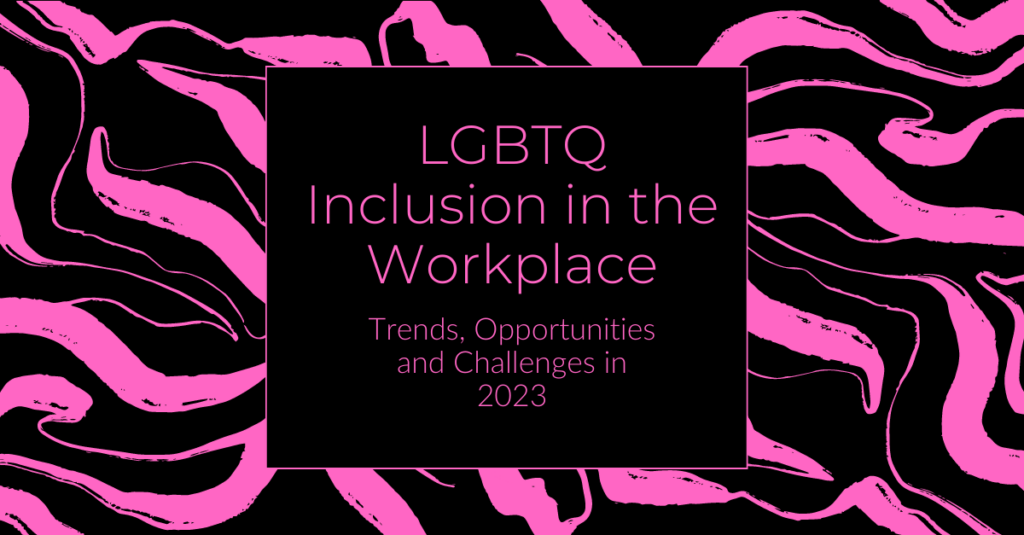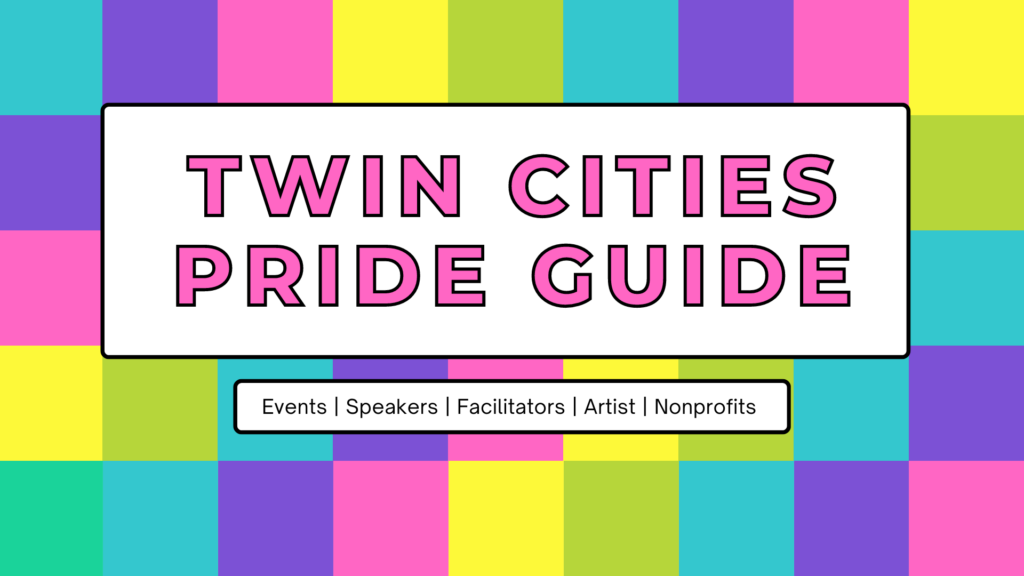
Use Your Power.
Anger. Disbelief. Grief. Sadness. Exhaustion.
Us, too. As we pen this post, we’re cycling through a bevy of emotions. Life shouldn’t have to be a hashtag and we mourn with our intersectional families of LGBTQ and Black people.
And at the same time, we can feel what we feel while putting together action plans and accountability. No matter your role at the organization in which you work, all of us are accountable for how we are actively dismantling white supremacist systems, policies, and cultures at work.
In the anti-racist lesson from February, we talked about how important it is to be doing something — no matter how big or small — that utilizes your privilege to tear apart the ideas of white dominance.
Take the scripts below. Add to the list with your ideas. Take the time to share what you learn with others. Most of all, use your power.
5 questions for yourself:
- How am I stepping aside to distribute power to BIPOC voices?
- How am I using my voice? Through social media? Holding time for reflection with colleagues? Talking to friends? Am I part of an echo chamber of my own thoughts? Ideas?
- What did I do today to act in defiance of racist practices at work? With my family members? Neighbors? Friends?
- How did I contribute to white dominance today?
- Here will I find the strength to sustain myself?
30 questions for your employer:
- What can I do that contributes to our anti-racist policies and culture?
- How are we communicating with our customers, clients, colleagues during this time? What is our communication and marketing plan for ensuring we are focused on equity?
- When did we last review our HR documents for anti-racist language?
- How does our DEI programming do to include anti-racist language? Events?
- What organizations, political candidates, or contributions do we make that directly or indirectly support Black Lives Matter?
- What is our policy for making a statement after a murder of a black person by the police? What is our plan for helping staff members during and after traumatic events? Outside of a helpline, what resources do we have available to staff?
- What is our plan for the acquisition and retention of non-white staff? Queer staff? Intersectional staff?
- How do we equip hiring managers with the resources that ensure they are able to make equitable hires? Have we asked them how it’s working? How we can improve?
- When do we audit our policies? How have we added anti-racist language to our policies?
- What is the process for changing the language for our organization’s mission and values to explicitly call out power disbursement? Equity?
- What is stopping us from creating an anti-racist culture at work?
- How is our organization engaged in uplifting black communities? Leveling economic disparities?
- How do we advance homeownership rates equitably? Eliminate food deserts? Advance access to schools and libraries? Provide job training?
- How are we measuring our ability to provide equitable services? Are they really working, or are they falling short? Are we blind to the problems related to how we measure our impact?
- When are we going to hire full-time diversity, equity, and inclusion (DEI) staff so that our organization has a centralized strategy with leadership buy-in to ensure anti-racism is baked into everything we do?
- How do we build and maintain relationships with Black board members? Queer board members? Executive leadership?
- How do we factor anti-racism into planning for executive leaders?
- Have we worked with our healthcare provider(s) to ensure that our Black employees have access to culturally competent and aware healthcare providers?
- Do we have a workgroup that discusses action-oriented ideas year-round? If not, how do we create one? If we do, how are we representing staff equitably in this group?
- Do our partners, suppliers, and vendors match our values when it comes to this issue? Are we in a position to challenge each of them to increase their commitment to BIPOC communities?
- Have we articulated to our staff what anti-racism means? Can I help organize educational materials that speak to a common language about our anti-racist commitment?
- How do we audit our products and services about how they impact Black communities? How do we ensure equitable access to our products and services?
- Are there ways we can provide below-market negotiated rates to black-owned/led organizations?
- How are contributing to a white-focused space for this topic, ensuring that Black people are not expected to train or educate white staff? If we haven’t created this, how can I help get this started?
- How can we create a policy so that our interview processes include a minimum of one person of color?
- Can our annual report provide an update on our progress towards building an anti-racist organization so that our donors/investors can learn and grow with us?
- How are we accommodating non-white staff when tragedies occur? How will we ensure Black people are confident we support them taking a day away for when events such as this happen?
- How can we provide more comprehensive and culturally aware mental health services for our employees so that we can support them in navigating these tragedies?
- How are we being intersectional with our ERGs so they can offer support to each other? How can women, veterans, LGBTQ people find ways to support Black people in this time through our ERGs?
- How does Black Lives Matter impact our approach to Pride in 2021? How are we going to be intentional in how we apply critical thinking to how previous Pride activities have marginalized non-white and non-CIS-gendered people?
Need help getting started? Click here for lots of email scripts. Copy/paste/edit. Simple as that, folks. Link to shared Google Drive document.
#blacklivesmatter






Responses